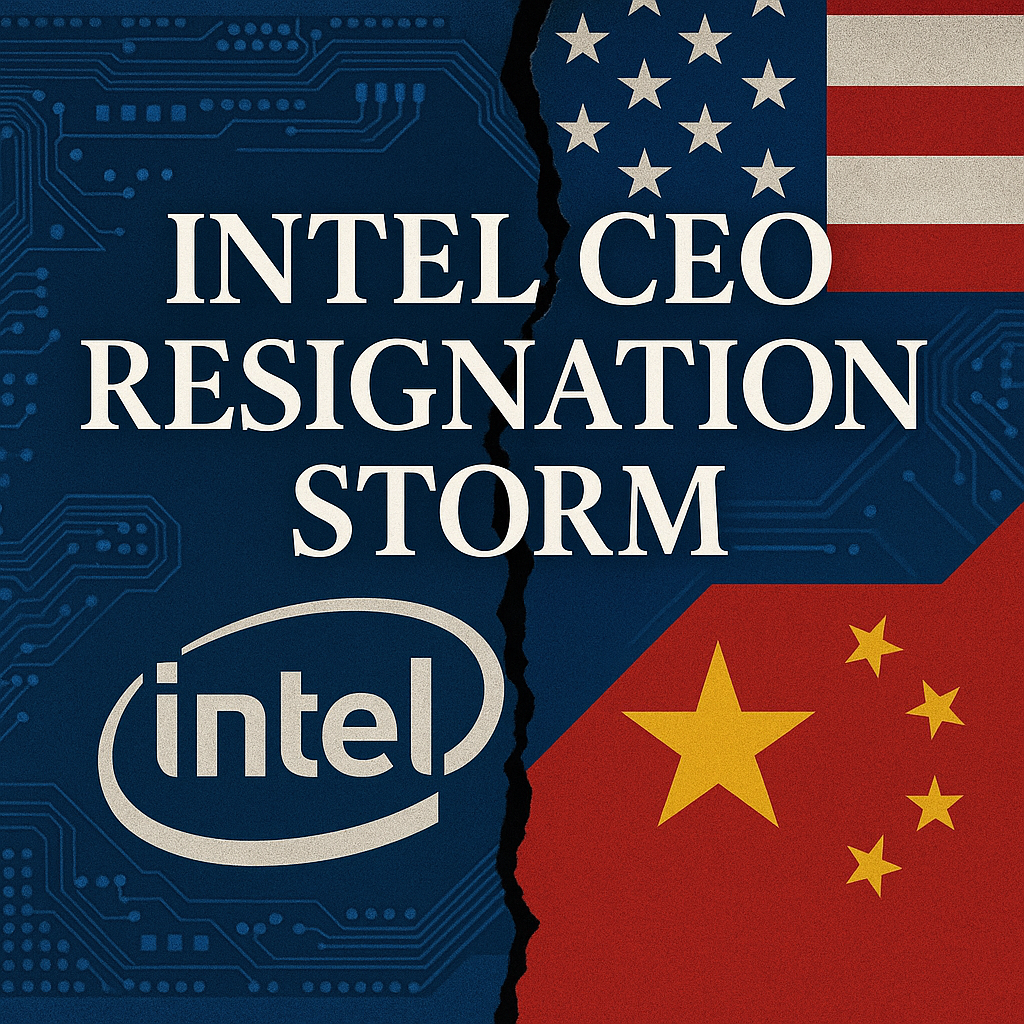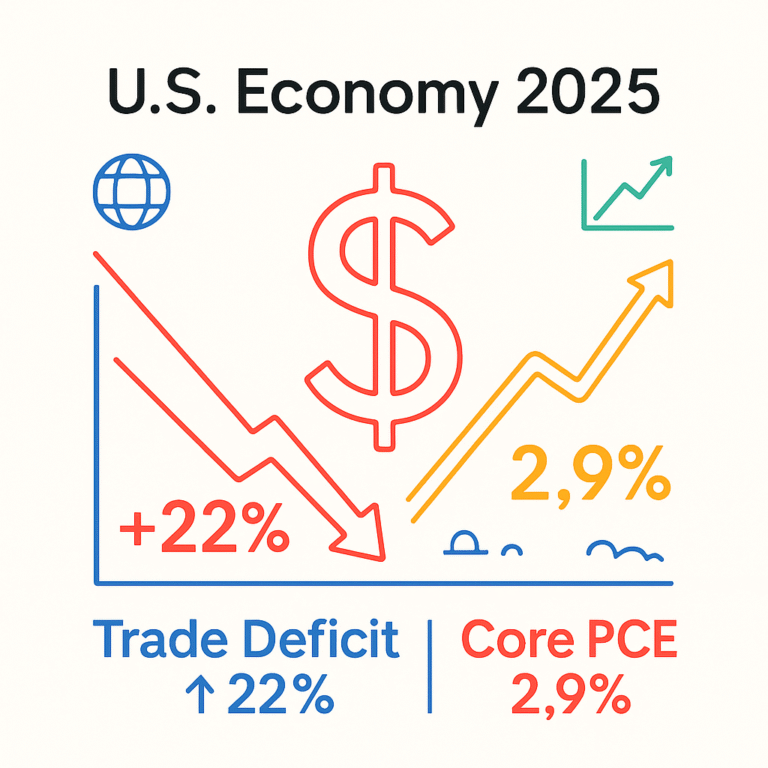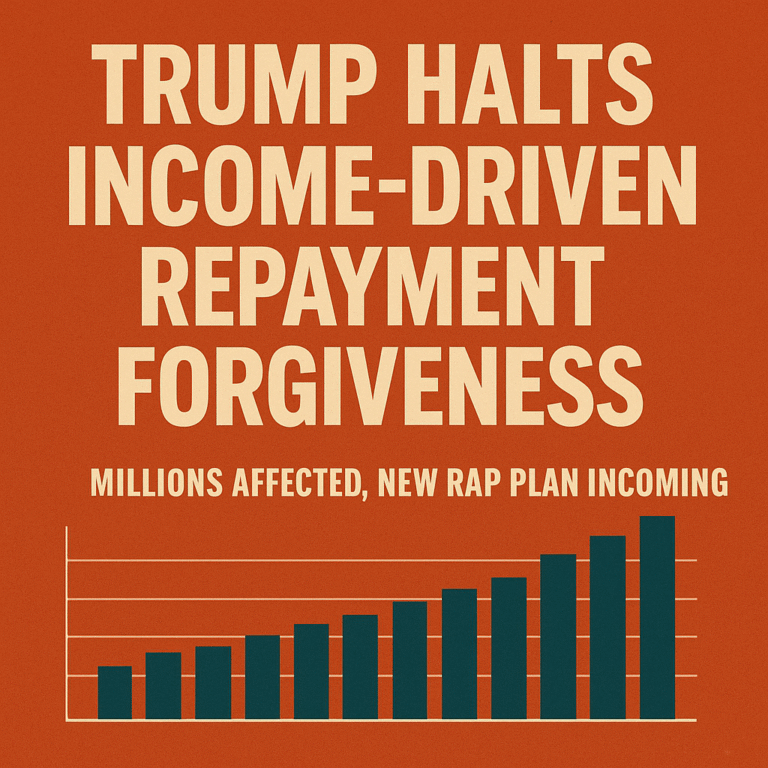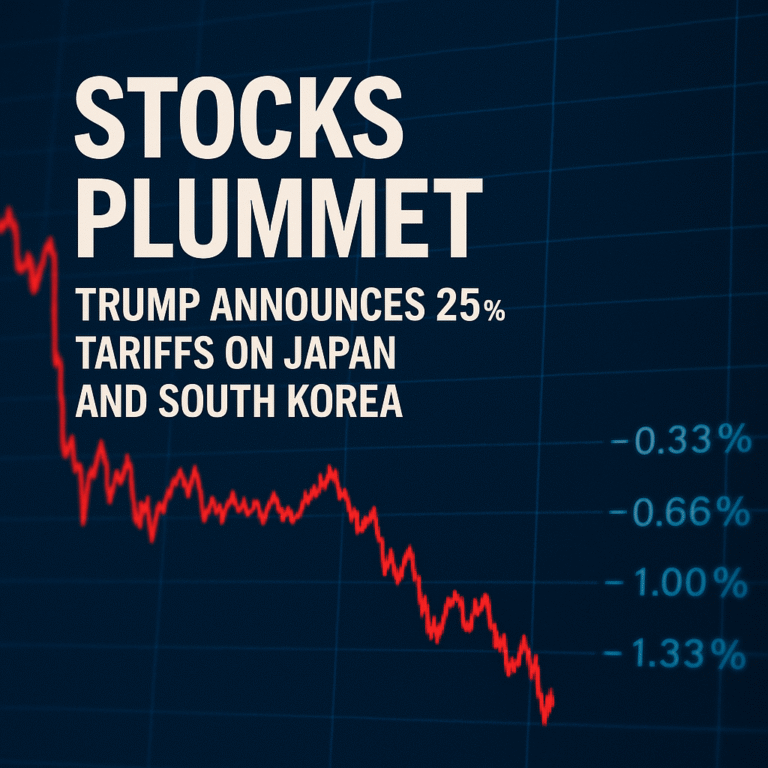Intel CEO Resignation Storm in 2025: Why Trump Labeled Lip-Bu Tan “Highly Conflicted”
Former President Trump has demanded the immediate resignation of Intel CEO Lip-Bu Tan over alleged conflicts of interest. Here’s the background, market reaction, and what’s next.
Key Takeaways
On Aug. 7, 2025, a rare clash between politics and corporate leadership made global headlines.
Former President Donald Trump demanded the immediate resignation of Intel CEO Lip-Bu Tan, citing “highly conflicted” ties to Chinese firms.
This wasn’t just a corporate dispute. It touched on U.S.–China tech rivalry, semiconductor supply chain security, and the growing scrutiny over corporate leaders’ global investments.
Trump’s Call for Resignation: A Five-Month Timeline
Tan became Intel’s CEO in March 2025 after decades in the semiconductor and venture capital sectors, including leading Cadence Design Systems.
From day one, he initiated structural changes: workforce reductions, scaling back overseas manufacturing, and reviewing non-core assets.
But his past investment history soon came under fire.
On Aug. 6, Senator Tom Cotton sent Intel’s board a letter accusing Tan of investing in Chinese tech companies with military ties and citing export control violations during his time at Cadence.
The next day, Trump took to Truth Social, calling Tan “highly conflicted” and demanding he step down immediately—a highly unusual political intervention into corporate governance.
Chinese Investments and the Conflict-of-Interest Debate
Between 2012 and 2024, Tan’s venture fund invested over $200 million in Chinese advanced manufacturing and semiconductor firms.
Several of these companies have known or alleged links to the Chinese military.
For Trump and his allies, this history presents a direct conflict of interest—especially since Intel has received roughly $8 billion in federal subsidies under the CHIPS Act.
Critics argue that a CEO with such ties could undermine U.S. national security goals in the semiconductor race.
Market Reaction: Intel Stock Drops 3% in One Day
Following Trump’s post, Intel shares fell about 3% during regular trading, with premarket declines briefly approaching 5%.
Crisis communication experts warned that political pressure can directly erode corporate value.
They stressed the need for a coordinated response involving legal, PR, and government affairs teams to stabilize investor confidence.
This episode reinforced a growing reality: corporate leaders must now manage geopolitical risk alongside operational and market challenges.
Experts Weigh In: Political and Industry Implications
Analysts agree this isn’t just about one executive. It’s about the future of U.S. semiconductor leadership and supply chain policy.
Phil Blancato, CEO of Ladenburg Thalmann, called it “extraordinary” for a former president to push for a CEO’s removal, warning of the precedent it could set for political interference in business decisions.
David Wagner, portfolio manager at Aptus Capital Advisors, viewed it as a political maneuver but also as a signal of Trump’s seriousness about U.S. manufacturing revival and supply chain security.
The controversy signals a shift toward deeper scrutiny of executives’ past investments, foreign ties, and political alignment.
What’s Next: Intel’s Options and Risk Management
Intel’s board may review Tan’s investment history in detail and decide whether divestments or public disclosures are necessary.
Government agencies such as the Department of Defense and the Commerce Department could also launch their own investigations.
If Tan steps down, Intel may face short-term disruption but could benefit from reduced political pressure and continued access to CHIPS Act funding.
If he stays, the political spotlight may remain, potentially affecting investor sentiment and corporate strategy.
Trump’s call for Lip-Bu Tan’s resignation is more than a leadership dispute—it’s a collision of politics, national security, and global tech competition.
Intel’s next steps will determine not just the fate of its CEO but also how the U.S. positions itself in the semiconductor race against China.







